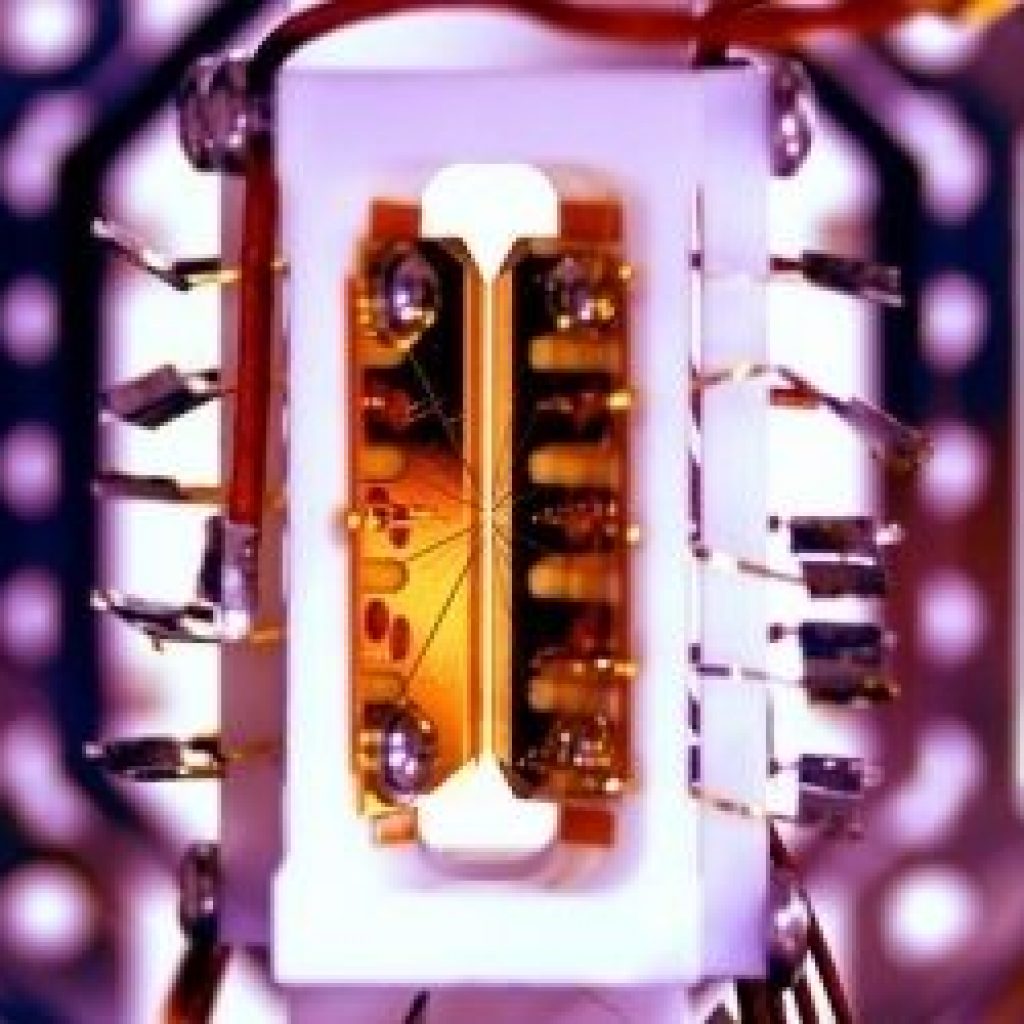(U.Maryland) The National Science Foundation (NSF) has announced a $5 million, two-year award to a University of Maryland-led multi-institutional team to develop quantum interconnects—crucial technology to connect quantum computers and pave the way for a quantum internet.
The team, QuaNeCQT (Quantum Networks to Connect Quantum Technology), has been developing the quantum versions of a modem and a router—familiar equipment in the world of standard, or “classical” computing, but a challenge to build for use with devices that operate based on the principles of quantum.
The devices allow “ion trap” quantum computers—a leading approach to quantum information processing developed in part at the University of Maryland—to exchange quantum information over distances measured in kilometers, eventually leading to the development of networks that could revolutionize numerous industries and help solve vexing societal problems.
Quantum networks are at an inflection point with the potential for significant expansion, said Edo Waks, a professor of electrical and computer engineering and associate director of UMD’s Quantum Technology Center (QTC). But the scale-up can’t happen without standardized modular hardware between the new computers that are emerging and the vast infrastructure of the current internet.
$5M NSF Grant to UMD to Fund Research on Quantum Internet Foundations
